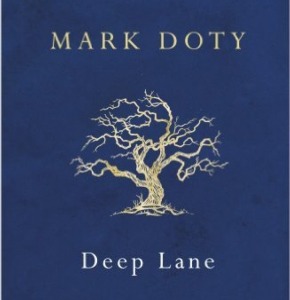My good old friend Mike Roberts died of some sort of heart attack last Friday. I'm vague about the details because his wife, Janet, was pretty incoherent when she rang with the news. But in any case it wasn't the manner of his going or his actual death that got Geoff so aroused: it was what he kept calling my "total lack of appropriate reaction". "I really wish to Christ that you'd show a bit more basic sadness at other people's deaths," he told me over an early evening pint the day after the news came through. "I know you're supposed to be some sort of miserable godhating humanist but does that mean you've got to treat the actual death of a friend as though it were of no more consequence than a passing bus. Wasn't that Mike Roberts supposed to be a great teenage mate of yours? I don't expect you to run wailing through the streets but couldn't you rustle up a small sigh of regret? You don't even look dejected."
I'm so used to this sort of attack that I now have my response off pat. "How do you know I'm not sad about Mike's death? Of course, I'm sad. He was a great great mate. We used to sit for hours together when we were fifteen listening again and again to his two Billie Holiday records. Listening out for Lester Young. Yes, of course I miss him. I miss him. How many times do you want me to say it? But I refuse to do death in the same way as everyone else. I'd rather have my own personal emotions than join in all that collective moaning and groaning."
"That's bullshit. You might have religious objections to singing the hymns or saying the prayers but you've got a social duty to show that you're sad in the same way that you've got a social duty to show that you're enjoying yourself at a good party. What sort of world would it be if everyone insisted upon the primacy of private emotions? If no one ever admitted their common humanity by displaying the conventional signs of grief or delight? And what sort of elitism is it that allows you to view everyone else's public sadness as somehow lacking in integrity compared to your own private sensibilities?"
I could easily have gone another round. I've done it often enough before on such occasions. Told anyone who cared to listen that grief was a private matter and that making ritual faces or responses to its occurrence was somehow to diminish its significance. After all, I did it when people asked me if I was all right after the death a couple of years ago of my poor sad mad younger brother. What did they mean, I asked them? Was I all right? Was I all right? Of course, I was all right. What did they expect from me? A permanently bowed head? Floods of tears? Widow's weeds? Should I go out and buy a bunch of flowers and lay them by the side of the pavement where poor sad Paul keeled over and breathed his last?
But last week I somehow didn't have the stomach for that sort of brawling. I suppose that I've begun to suspect Geoff and his fellow critics might be absolutely right. There could just be some nasty selfindulgence involved in my refusal to shed any tears or sigh any sighs at the death of others. I've even thought at times that I could be turning into what Christopher Lasch called the narcissistic personality, the sort of person who is so inclined to view the world as only a mirror of themselves, that, like a tiny child, they can no longer feel any connection or concern with a human being who has had the sheer audacity to leave their presence. How dare any of my friends or relations die without first informing me?
Geoff was obviously troubled by my failure to bite back. He had other weapons in his armoury and felt cheated that the battle had finished early. "You really miss Mike?" he asked with unexpected gentleness. "I've told you before. Twice," I said. But without aggression. "Want to get completely pissed tonight and talk about him?" "Could do." "There's one condition." "What's that?" "Simple really. You have to promise that when we're well and truly smashed you'll lead us both in a chorus of 'God Bless the Child'. Done?"
"Done," I said.

